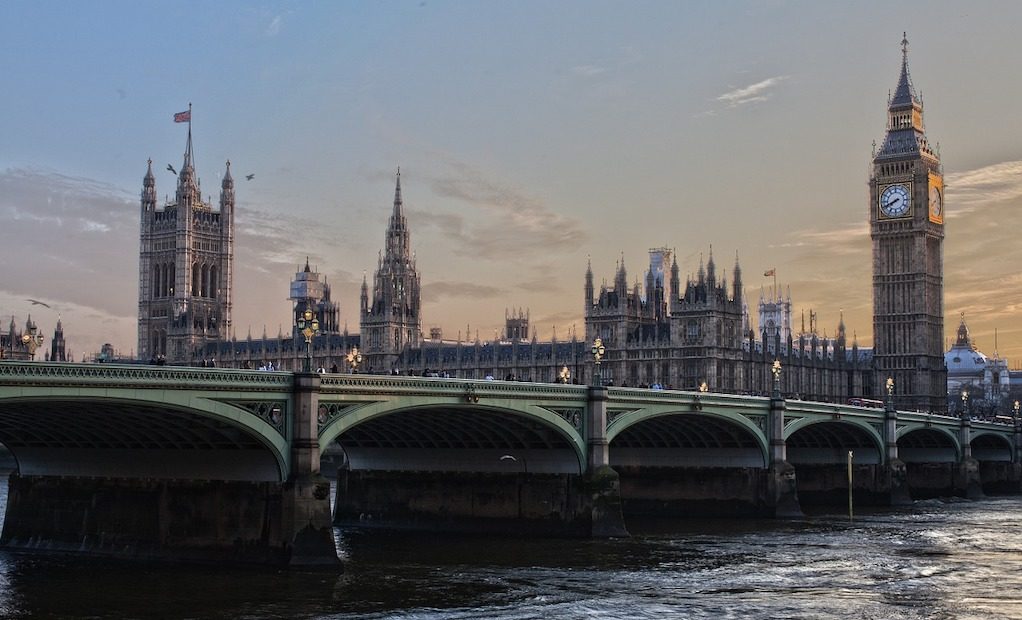Government to make scientific research free to all

Universities and Science Minister David Willetts yesterday spoke in support of Government plans to make publicly funded scientific research available to study for free by 2014.
There has long been demand for access to research papers, particularly from academics struggling with the increasing charges to view papers from traditional journal publishers. Presently, British universities fork out around £200million in annual subscription fees, and Mr Willetts claims that the new approach will both help researchers and have “massive” benefits for the economy. He also noted that taxpayers should not pay to access content which has been funded by tax money.
In an interview with The Guardian, Mr Willetts said: “If the taxpayer has paid for this research to happen, that work shouldn’t be put behind a paywall before a British citizen can read it. This will take time to build up, but within a couple of years we should see this fully feeding through.”
The new plans will see authors paying “article processing charges” (APCs) of around £2,000, which will see their paper peer-reviewed, edited and published online.
Concerns, however, have been raised from some academic and scientific groups who worry that the transition, reportedly costing £50million a year, will be funded from the existing science budget.
In response to these concerns, Mr Willets told The Guardian that “There is a transitional cost to go through, but it’s overall of benefit to our research community and there’s general acceptance it’s the right thing to do. We accept that some of this cost will fall on the ring-fenced science budget, which is £4.6billion.”
He added: “The real economic impact is we are throwing open, to academics, researchers, businesses and lay people, all the high quality research that is publicly funded. I think there’s a massive net economic benefit here way beyond any £50million from the science budget.”
Professor Adam Tickell, Birmingham University pro-vice chancellor, voiced concerns felt throughout the science community that Britain could lose out on projects during the transition period.
Tickell also pointed out that the transition costs are likely to fall on research-focused universities, which may result in fewer grants for papers. Additionally, British universities and UK citizens will still need to pay for articles published abroad, meaning that universities could lose money but still incur hefty fees to access published material.
Emily Eastman























Facebook
Twitter
Instagram
YouTube
RSS